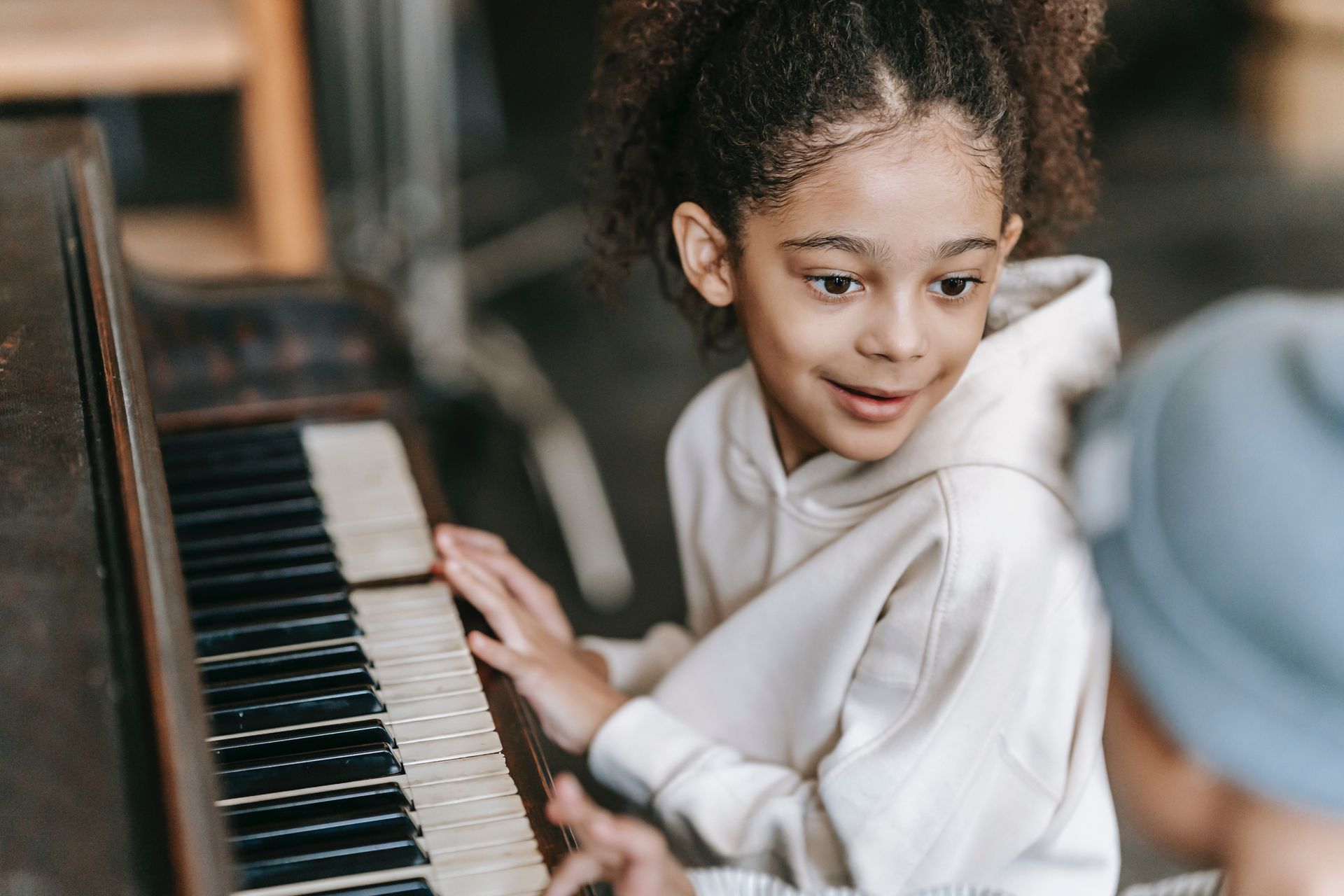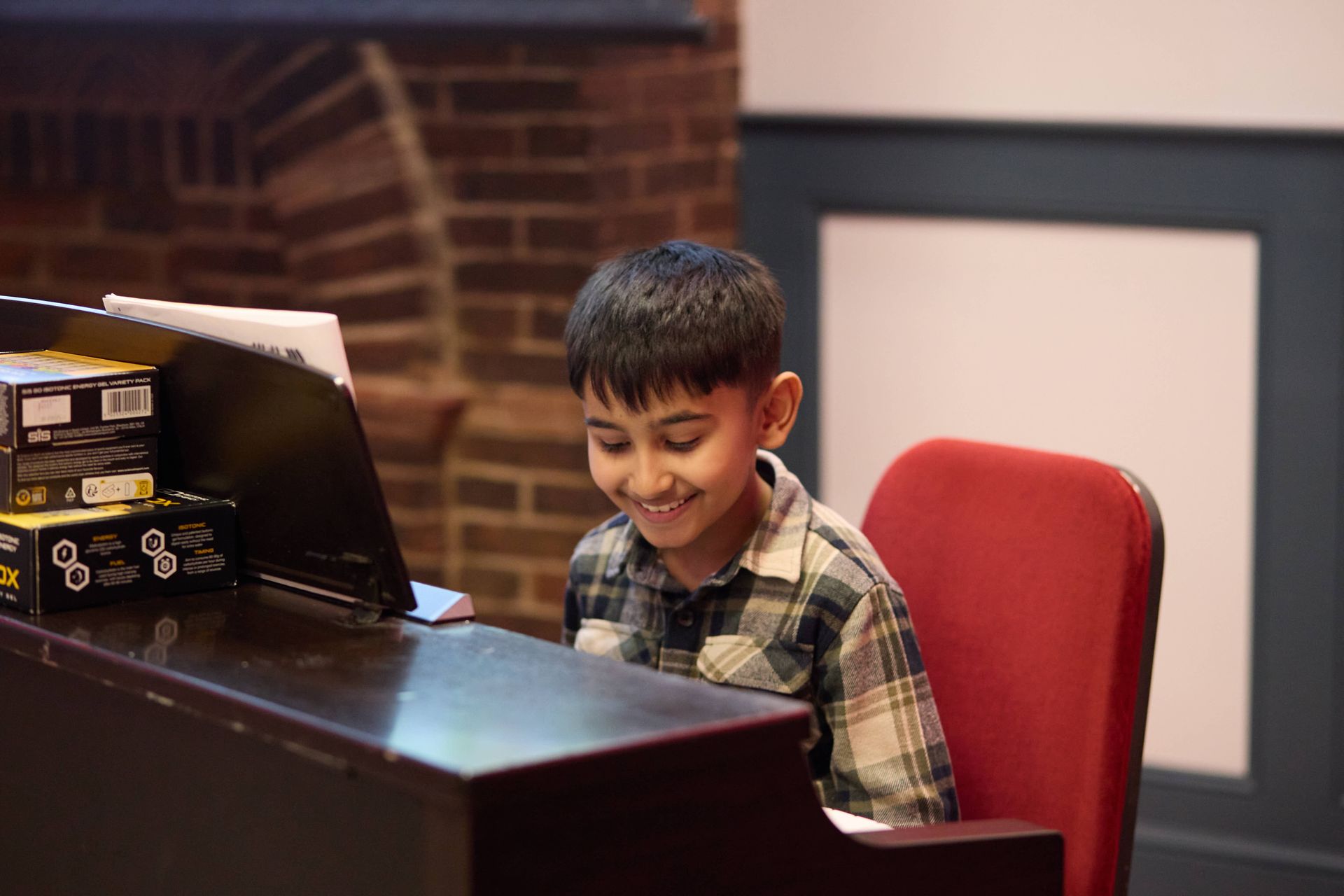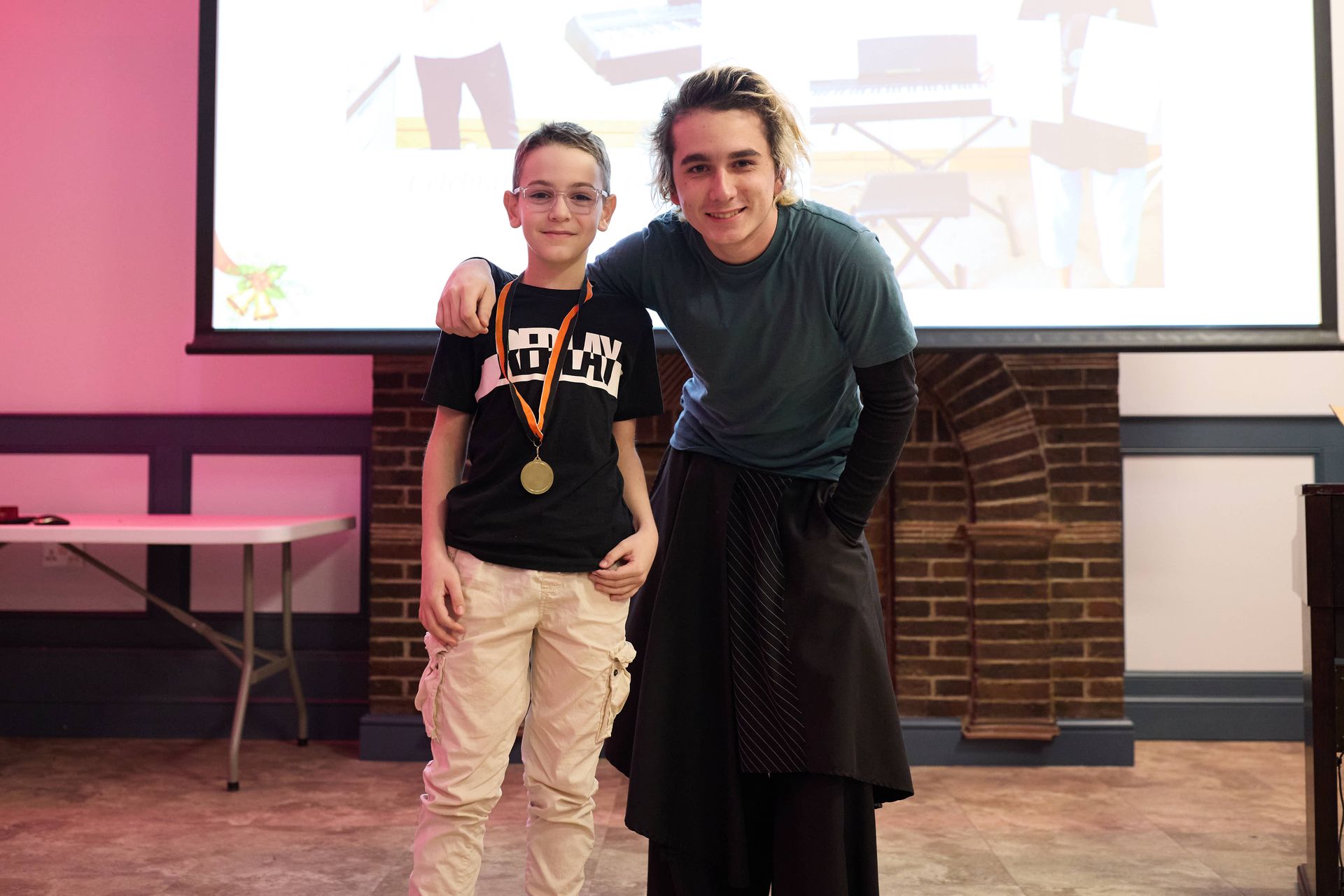Mastering the Fundamentals When Learning to Play the Piano
My child is a piano student who has been playing for a few months now and he is really enjoying the classes. The teacher is always able to challenge him so that he understand the material well. How can we ensure that we have fully MASTERED the fundamentals so that we do not rush into the next stage?
As teachers, we are often asked about progress and how long it will take for the student to reach the next milestone. We’ve listed three areas which will help you ensure you’ve mastered the fundamentals.
1. Productive Practice
Go over the areas you are working on in your practical classes and how these connect to the music theory material. The theory is there to support you and enhance your understanding of the musical songs we love to play or would like to play in the future!
We recommend checking off the areas your piano teacher or mentor has highlighted for you to go over. As tempting as it may be to play from start-end of a song!
2. Consistency
Regularly going over the areas you find challenging will allow you to become more familiar with them. This could be as simple as 10 minutes each day on bar three.
3. Ask questions
If you are not sure, give it a go and look through any feedback. If you are still unsure, we recommend you ask your piano teacher or mentor. If the option is available, we encourage you to ask your question midweek, especially if this is stopping you from playing at home for the rest of the week.

Remember that when you are trying out these hacks to look at them little and often but also be patient with yourself. If you wish to know more about these hacks and resources, feel free to take a look around our website or connect with us directly!



